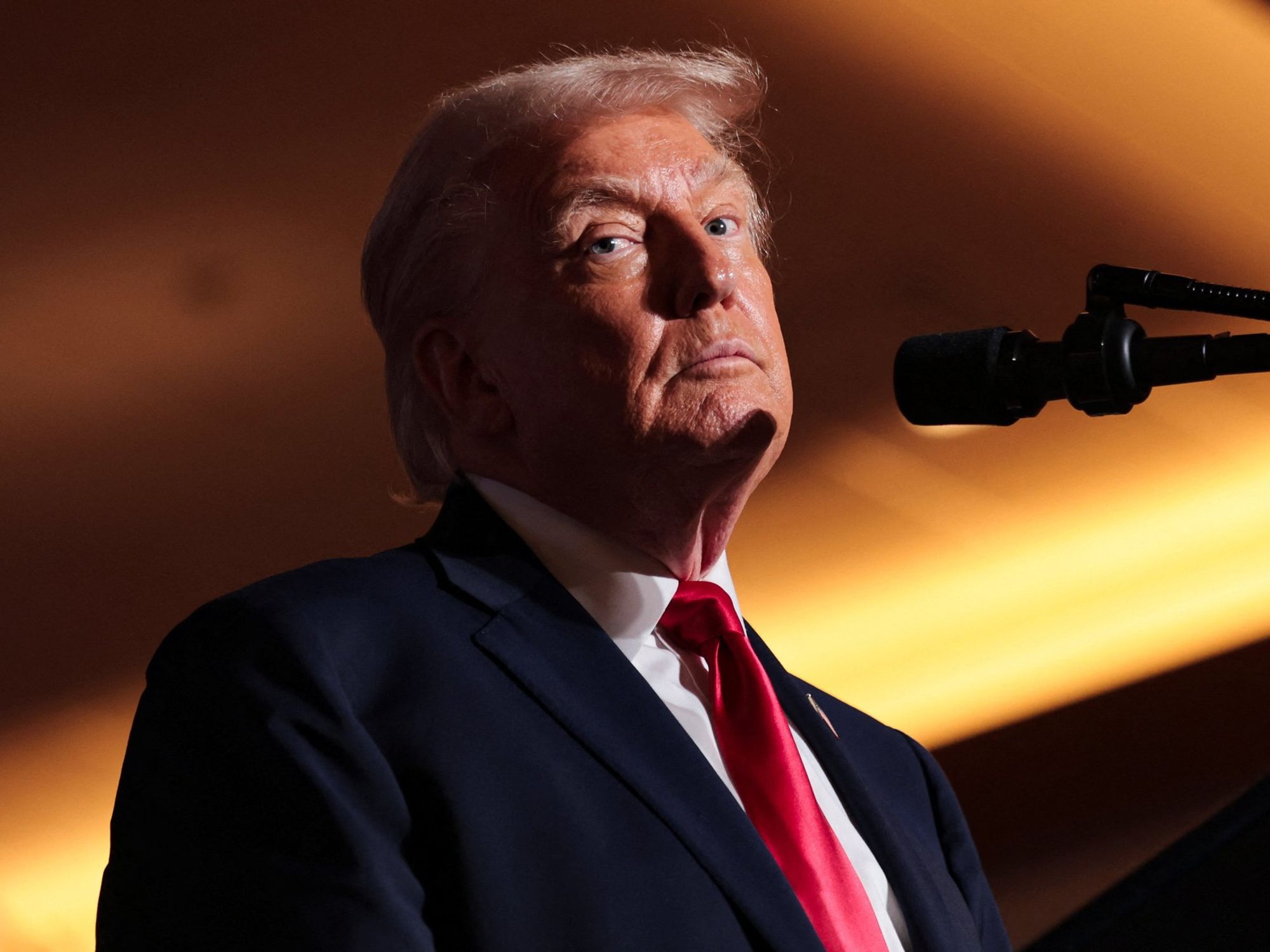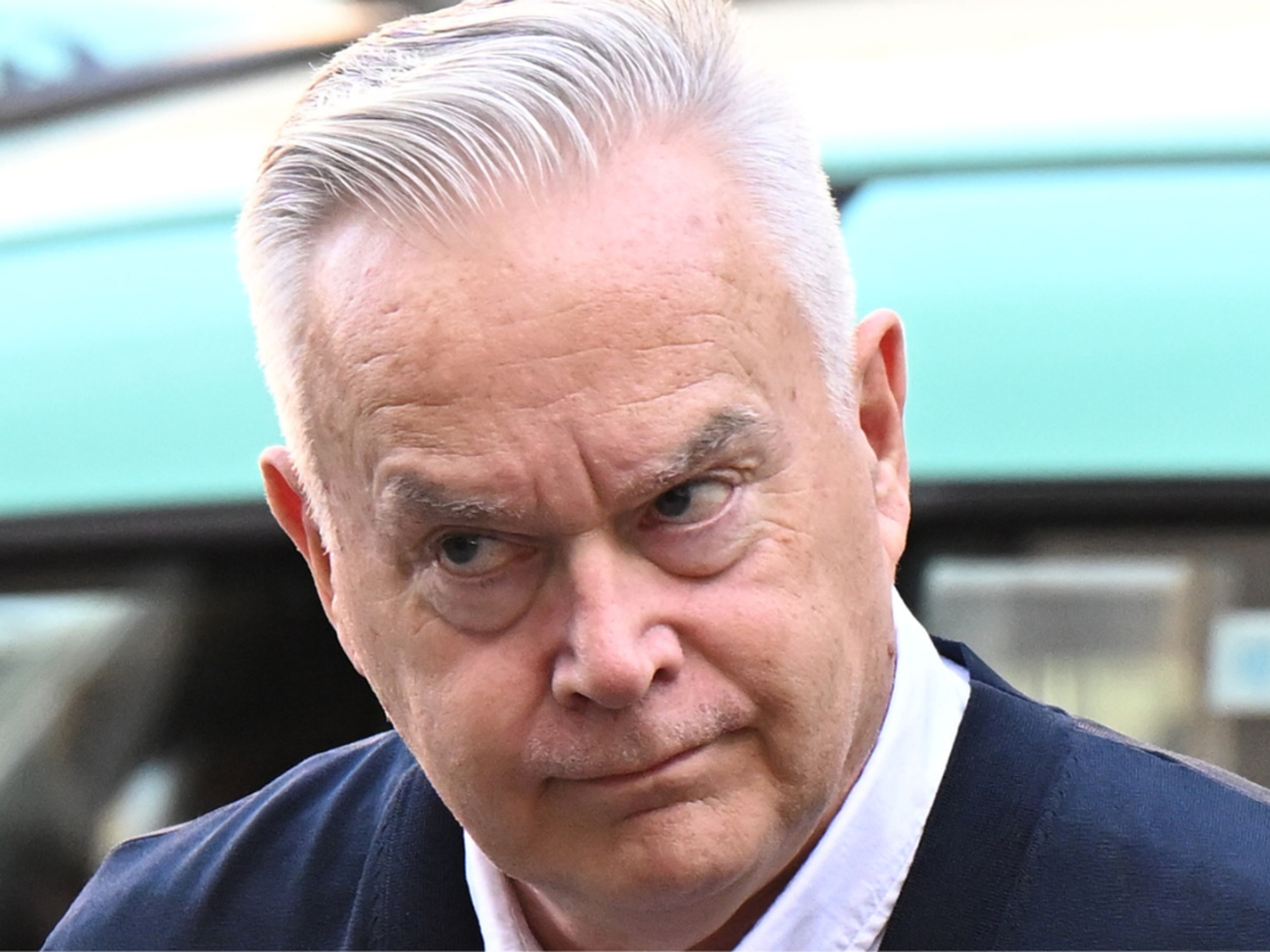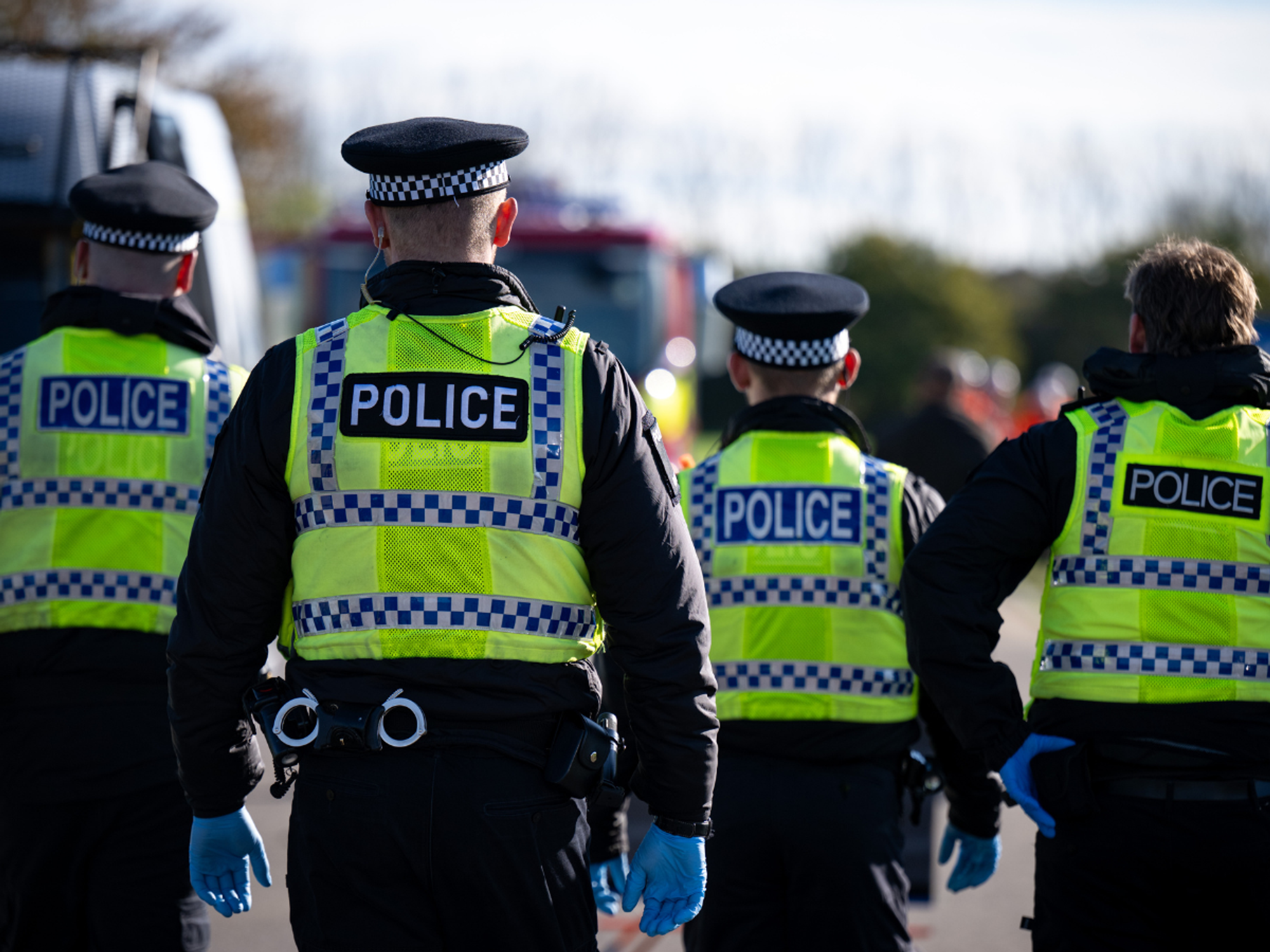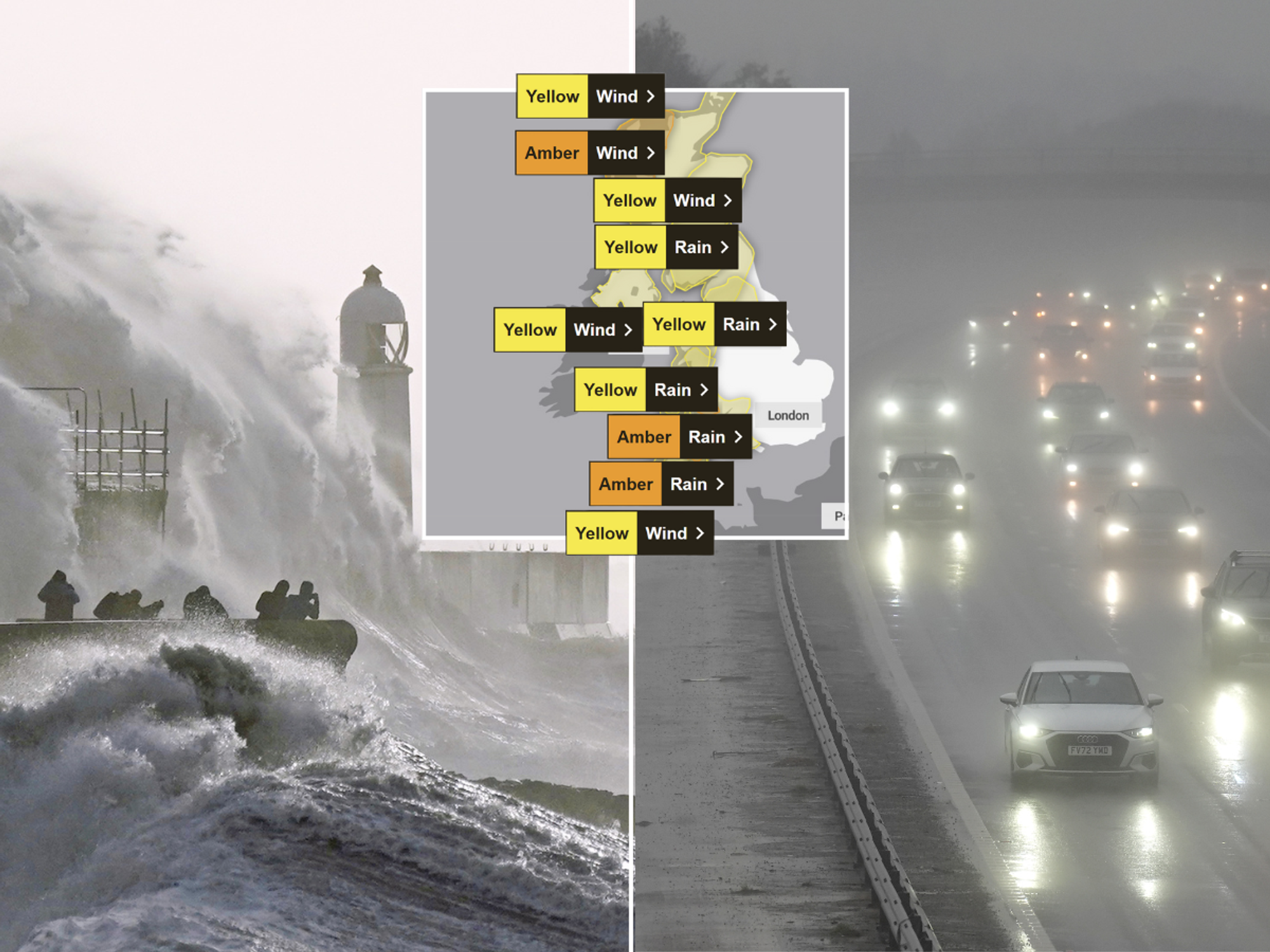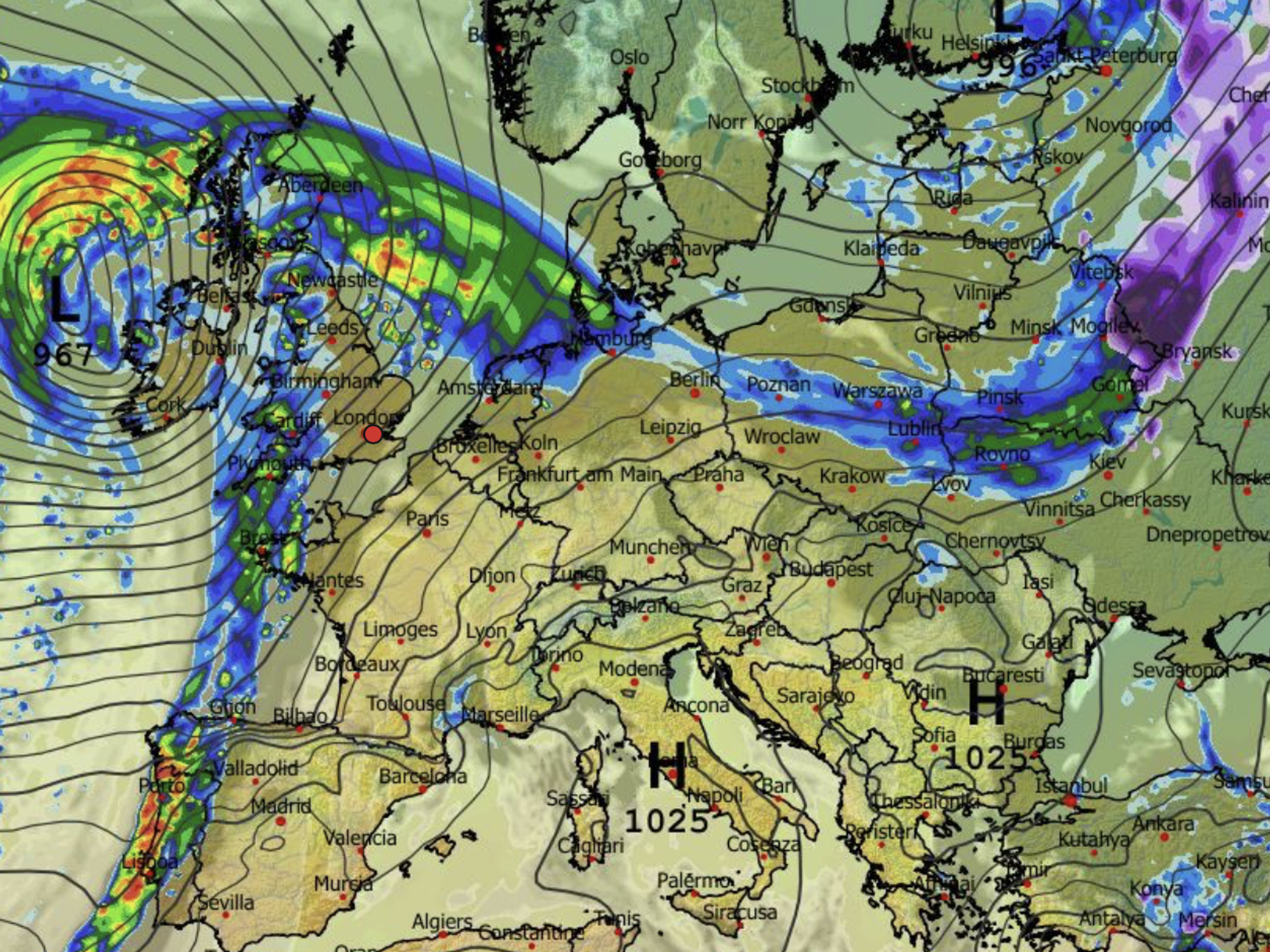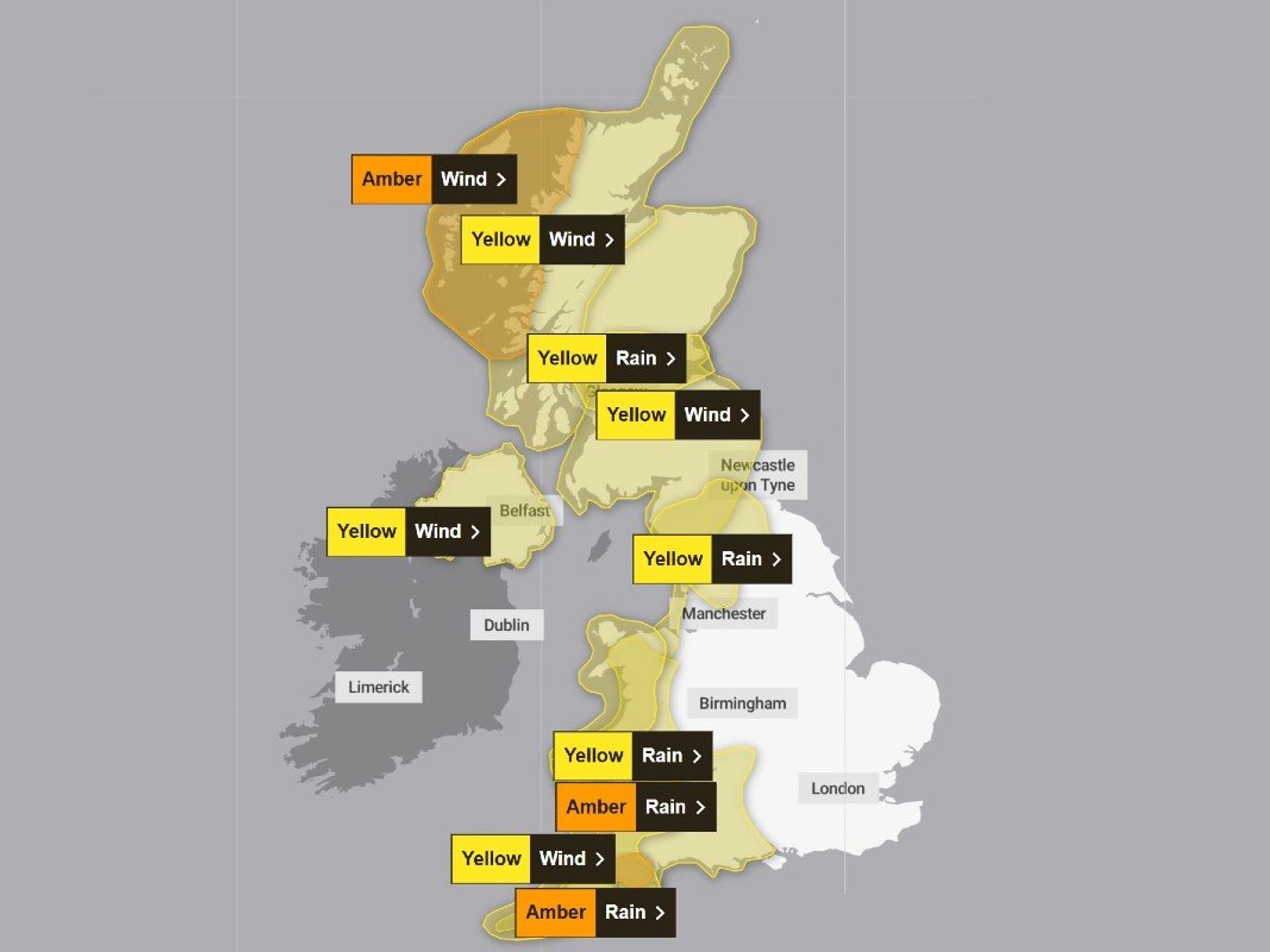Boris Johnson agrees trade deal with New Zealand

The Government said the deal would cut red tape for businesses and end tariffs on exports.
Don't Miss
Most Read
Latest
Boris Johnson has agreed on a new trade deal with New Zealand prime minister Jacinda Ardern.
The Government said the deal, agreed on Wednesday, would cut red tape for businesses and end tariffs on exports.
But farmers warned of “huge downsides” to the deal, which they said “could damage the viability of many British farms in the years ahead”.
The deal comes after 16 months of negotiations, and Mr Johnson said: “This is great trade deal for the United Kingdom, cementing our long friendship with New Zealand and furthering our ties with the Indo-Pacific.
“It will benefit businesses and consumers across the country, cutting costs for exporters and opening up access for our workers.
“This is a fantastic week for Global Britain. On Tuesday, we raised almost £10 billion in investment for the industries of the future, and this new deal will help drive green growth here and on the other side of the world in New Zealand.”
Trade between the two nations was worth £2.3 billion last year, and the Department for International Trade (DIT) said that is set to grow under the deal.
National Farmers’ Union president Minette Batters said the deal, coupled with the earlier agreement signed with Australia, will open the UK to “significant extra volumes of imported food” while “securing almost nothing in return for UK farmers”.
“We should all be worried that there could be a huge downside to these deals, especially for sectors such as dairy, red meat and horticulture,” she said.
“The Government is now asking British farmers to go toe-to-toe with some of the most export-orientated farmers in the world, without the serious, long-term and properly funded investment in UK agriculture that can enable us to do so.
“This is why it is very, very difficult for the NFU to show any support for these deals.
“This could damage the viability of many British farms in the years ahead, to the detriment of the public, who want more British food on their shelves, and to the detriment of our rural communities and cherished farmed landscapes.”
International Trade Secretary Anne-Marie Trevelyan told British farmers they should not be worried by the deal and said it was a “possibility” they could start sending lamb to New Zealand.
“In terms of New Zealand lamb, I’m not at all concerned that my Northumberland farmers will be at risk. Different seasons, in a practical sense, because it’s the other side of the world,” the Berwick-upon-Tweed MP told reporters aboard the HMS Prince of Wales in Portsmouth.
“When I’m eating my Northumberland lamb at Easter I wouldn’t be eating New Zealand lamb but I might now be able to have some lovely New Zealand lamb for my Sunday lunch in autumn, which otherwise I wouldn’t have had.”
DIT said the deal would “remove barriers to trade and deepen access for our advanced tech and services companies”, and it would also make it easier for small businesses to take advantage of the New Zealand market.
Tariffs as high as 10% will be removed on a huge range of UK goods, from clothing and footwear to buses, ships, bulldozers and excavators.
While high-quality New Zealand products such as sauvignon blanc wine to manuka honey and kiwi fruits, will be cheaper to buy.
The Government said that UK workers such as lawyers and architects will also be able to work in New Zealand more easily.
Ms Ardern said: “The United Kingdom and New Zealand are great friends and close partners. The historical connections that bind us run deep.
“This world-leading free trade agreement lays the foundations for even stronger connections as both countries embark on a new phase in our relationship. It is good for our economies, our businesses and our people.”
Under the deal, New Zealand will be granted more access to the UK market for lamb exports.
The deal will see all quotas on lamb lifted after 15 years, but before that there will be a quota of 35,000 tonnes for the first four years, then 50,000 additional tonnes thereafter.
However the quota will only be accessible once the existing quota that the country has through the WTO of 114,000 tonnes is filled to 90%, and officials insisted that as it stands New Zealand currently use only half of that, and that there are also safeguards in place to protect farming.
Ms Trevelyan added: “This deal is a win-win for two like-minded democracies who believe in free and fair trade. It delivers for families, workers and businesses across Britain, and sets the stage for greater cooperation between our two nations on global challenges like digital trade and climate change.
“It is a vital part of our plan to level up the country: slashing costs and red tape for exporters, building new trade routes for our services companies and refocusing Britain on the dynamic economies of Asia-Pacific.”
The Scottish Government said the deal “will not remotely offset the damage to our economy caused by Brexit”.
Shadow trade secretary Emily Thornberry said the deal “fails on every count”, adding: “It is a deal whose only major winners are the mega-corporations who run New Zealand’s meat and dairy farms, all at the expense of British farmers who are already struggling to compete.”






